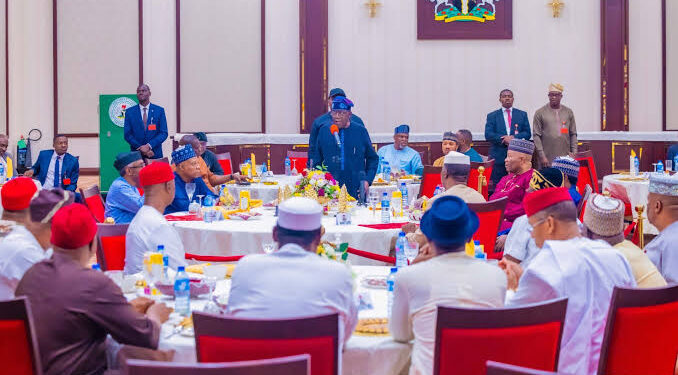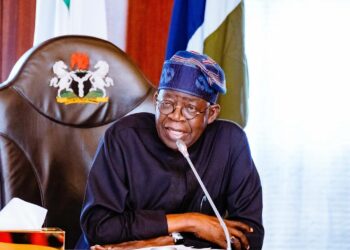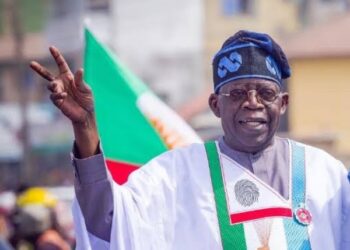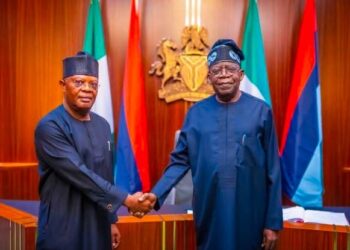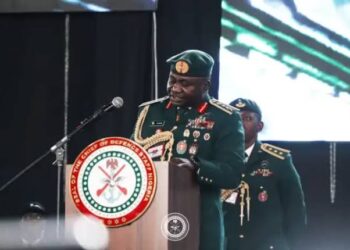…Push for LG Funds to Be Paid into Commercial Banks Instead of CBN
In a renewed bid to delay the implementation of the Supreme Court ruling on local government autonomy, state governors have intensified efforts to prevent direct disbursement of federal allocations to local government councils.
During a meeting with President Bola Tinubu at the State House, Abuja, last Tuesday, some governors opposed the plan to route local government funds through the Central Bank of Nigeria (CBN), arguing that such a move would undermine state authority over local councils. They cited concerns over multi-billion-dollar debts allegedly incurred by local governments.
Presidency officials disclosed that the governors used the Iftar dinner as an opportunity to lobby Tinubu and renegotiate the direct allocation framework, which has faced multiple delays.
A source familiar with the discussions revealed that the governors insisted on channeling local government allocations through commercial bank accounts instead of the CBN.
“When the governors attended the Iftar on Monday, they requested an audience with the President, which was granted on Tuesday afternoon,” the source told The PUNCH.
Another official, who spoke on condition of anonymity, provided further details:
“The Federal Government wants all local government allocations to be paid into CBN accounts. However, the governors rejected this, arguing that such an arrangement still gives the federal government control over the funds.”
According to a source privy to Tinubu’s conversation with the governors, state executives expressed concerns that CBN oversight would require approval from the Accountant-General of the Federation, effectively keeping the funds under federal control.
“They argued that if the CBN manages the accounts, they would still need federal approval for withdrawals. The governors want the funds deposited in commercial banks instead, but the federal government is resisting,” the source explained.
While the outcome of the meeting remains unclear, an official disclosed that discussions are ongoing.
“They described the meeting as positive, but it’s uncertain what was agreed upon. It appears they are working with some officials to find a middle ground. However, the key issue remains—local government allocations have been withheld, and this is the reason.”
The controversy over local government funding stems from long-standing power struggles between state and local governments.
On July 11, 2024, the Supreme Court delivered a landmark judgment affirming the financial autonomy of local governments, ruling that federal allocations must be paid directly into local government accounts—bypassing state governments.
The ruling followed a lawsuit filed by the federal government seeking to enforce the constitutional provision on local government autonomy. The court declared that state governments’ control over local government funds was unconstitutional and ordered an immediate end to the practice.
Additionally, the court ruled that only democratically elected local government officials could access federal allocations, barring the common practice of state governors appointing caretaker committees to manage council funds.
In line with the Supreme Court’s directive, the Central Bank of Nigeria had mandated all 774 local governments to submit a two-year audit of their accounts before receiving direct allocations.
As part of its implementation strategy, the CBN began opening dedicated accounts for local governments and profiling their chairmen and financial signatories.
CBN Director of Legal Services, Kofo Salam-Alada, emphasized that these measures are essential to ensuring financial accountability and compliance with the Supreme Court’s ruling.


